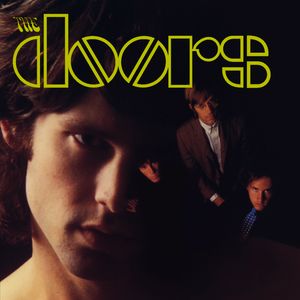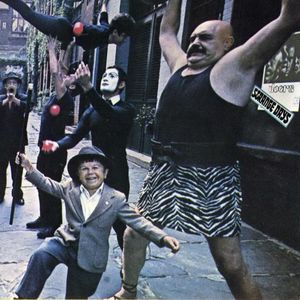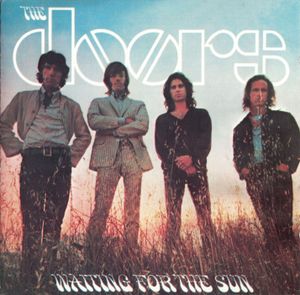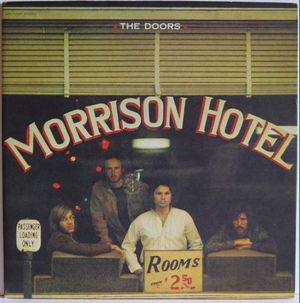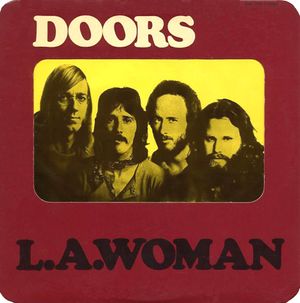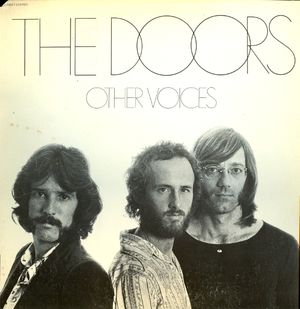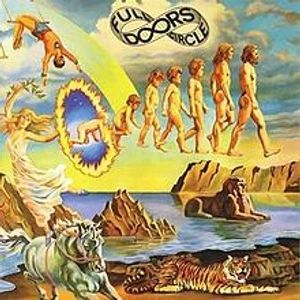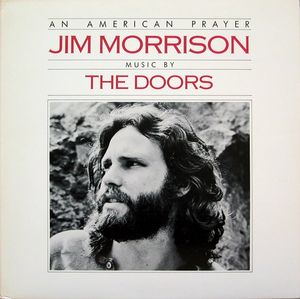
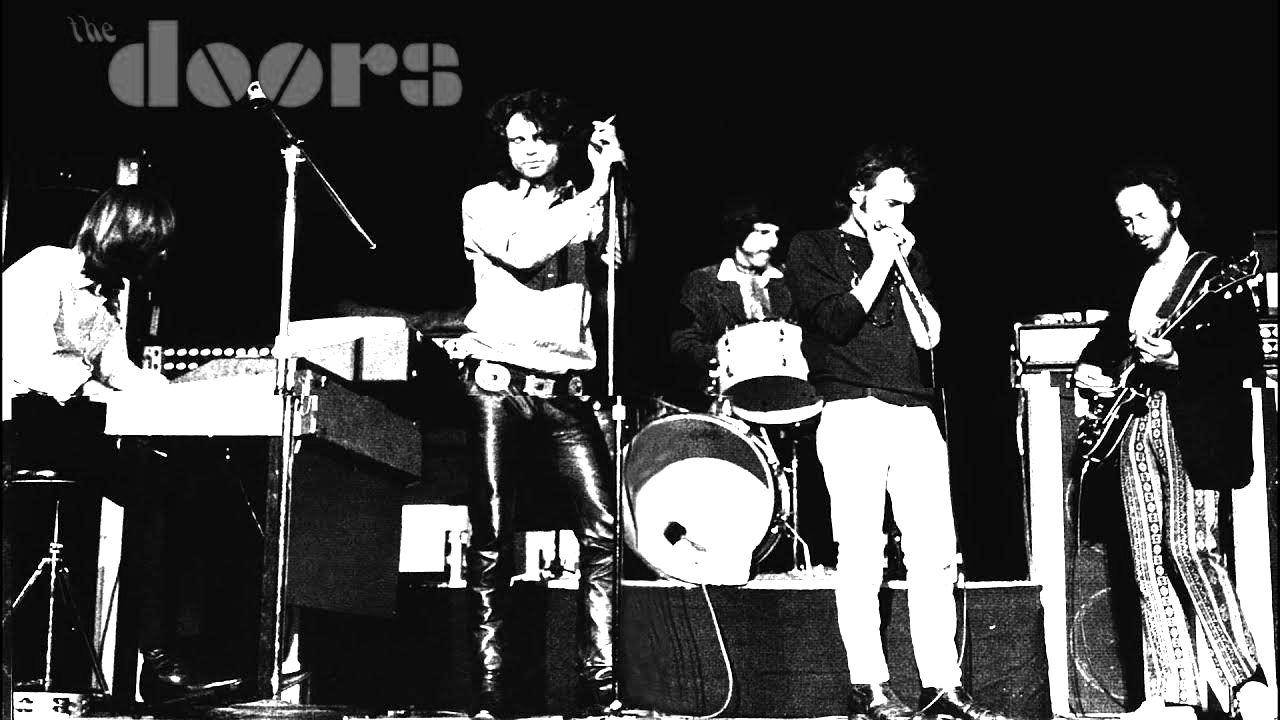
The Doors
Follow Your Favorite Band Today!
Top The Doors Community Posts
Story of The Doors
The Doors: A Tale of Psychedelic Poetry, Legal Trouble, and Unforgettable Music
Born in the heart of 1960s Los Angeles, The Doors were more than just a rock band. They were a cultural force, a potent mix of psychedelic sounds, poetic lyricism, and electrifying stage presence. The band's core consisted of Jim Morrison, the enigmatic vocalist whose raw, poetic lyrics and unpredictable on-stage antics became synonymous with the era's counterculture; Ray Manzarek, the soulful keyboard maestro; Robby Krieger, the guitarist who provided the band's signature sound; and John Densmore, the steady drummer who anchored their explosive energy.
Their name, taken from Aldous Huxley's "The Doors of Perception," itself inspired by William Blake's writings, hinted at their exploration of consciousness and the power of perception. Signed to Elektra Records in 1966, The Doors, led by Morrison's mesmerizing presence, unleashed a string of iconic albums within a whirlwind five years. Their debut, "The Doors," alongside "Strange Days" and "L.A. Woman," became instant classics, pushing the boundaries of rock music and cementing their place in the pantheon of all-time greats. Dubbed the "Kings of Acid Rock," they were one of the most successful bands of the era, selling over 4 million albums domestically and nearly 8 million singles by 1972.
But their rise was marred by Morrison's increasingly erratic behavior and legal troubles. His death in 1971, under shrouded circumstances, marked a turning point. The remaining trio soldiered on, releasing two more albums before disbanding in 1973. They reunited in 1978 for "An American Prayer," a powerful combination of new music and Morrison's haunting poetry recordings. The band was inducted into the Rock and Roll Hall of Fame in 1993, marking their place in music history. They've also come together for select one-off projects in the 21st century, continuing to captivate audiences with their legendary sound and enduring mystique.
The Doors' legacy transcends their music. They were a generation's voice, a reflection of the tumultuous 1960s, and their influence on music, culture, and the spirit of rebellion continues to resonate today. They remain a testament to the enduring power of music, poetry, and the audacity to push boundaries, leaving behind a legacy that's as raw, potent, and unforgettable as Jim Morrison himself.
Frequently Asked Questions
Bands you may like
More Blues Rock Bands
Discover more bands in the Blues Rock genre and explore the diverse sounds that define this musical style.
Browse All Blues Rock BandsMore Bands from United States
Discover the rich musical heritage of United States and explore bands that represent the country's unique sound and culture.
Browse All United States Bands
